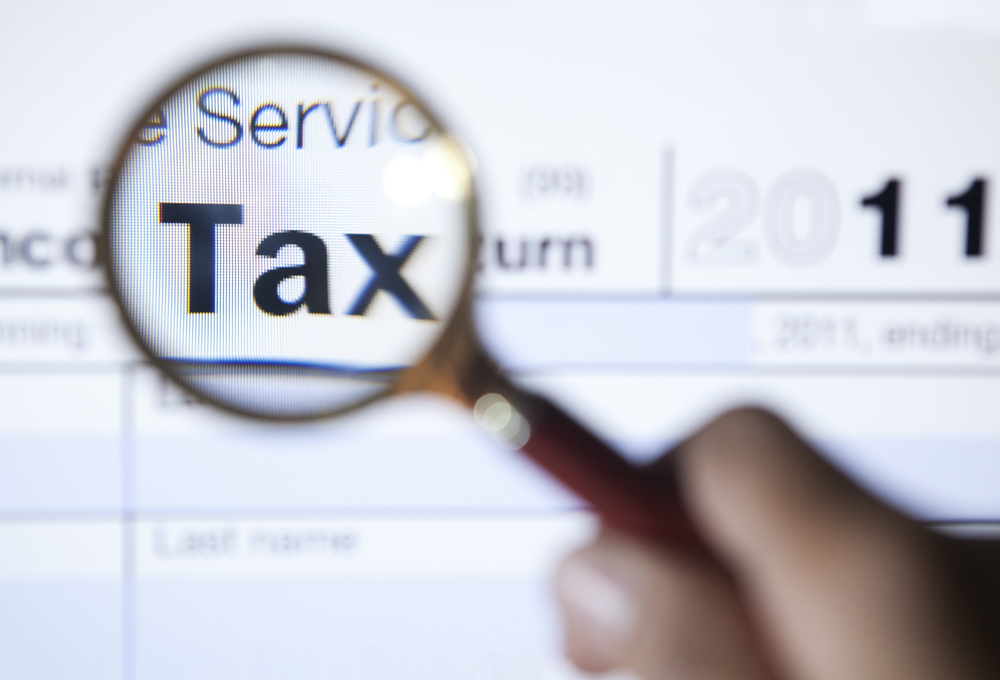Wage growth spotlights interest rates and pension triple lock
SUGGESTED

Christopher Snowdon quoted by the House of Lords Library


Commenting on the Office for National Statistics’ September labour market statistics, Professor Len Shackleton, Labour Market Expert at the free market Institute of Economic Affairs, said:
“Today’s figures present a picture which hasn’t changed much since last month. There have been slight drops in employment, hours worked and vacancies, and slight rises in unemployment and inactivity. But redundancies remain low and there is nothing seriously out of line with recent trends.
“There has been a further rise in long-term sickness, reducing the size of the workforce and increasing welfare payments. These figures also show nominal pay increases outstripping inflation, giving a small increase in real pay for the first time in 18 months. This has predictably led to worries that the one-club golfers at the Bank of England will raise interest rates again, fearing a wage-price spiral.
“The Bank should not raise rates: these figures are inflated by special factors such as one-off NHS and civil service payments in June and July. In any case, inflation is ultimately determined by excessive monetary expansion, and this has ended.
“It is, though, a concern that higher nominal pay combined with the triple lock will mean higher state pensions. The Chancellor might reasonably decide to suspend this, as it will otherwise reduce his room for manoeuvre in November. This would, however, mean a lot of flak from opposition parties, lobbyists and many within his own ranks – not to mention twelve and a half million pensioners. It thus seems unlikely.”
ENDS
Notes to Editors
Contact: media@iea.org.uk / 07763 365520
The mission of the Institute of Economic Affairs is to improve understanding of the fundamental institutions of a free society by analysing and expounding the role of markets in solving economic and social problems. The IEA is a registered educational charity and independent of all political parties.



